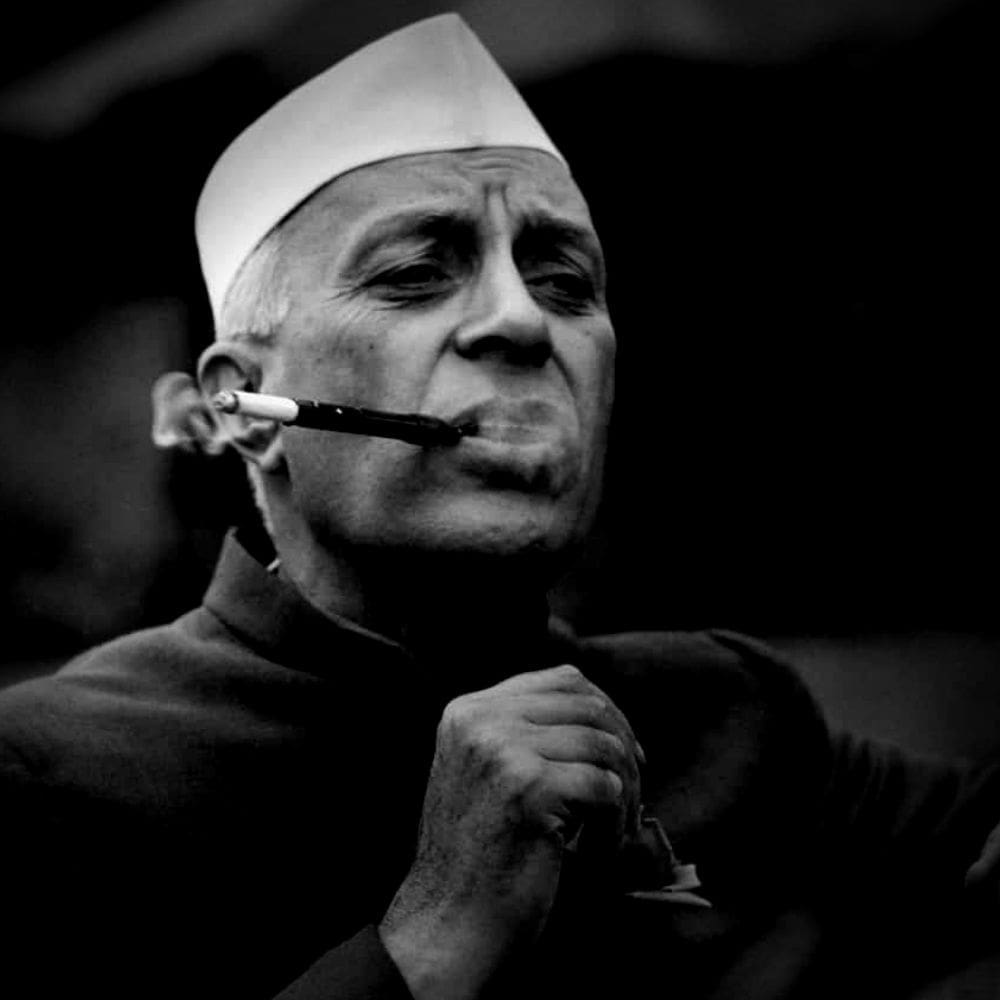ARTICLE 35A FOR J&K, AGAIN THANKS TO NEHRU
Following the ‘1952 Delhi Agreement’ between Nehru and the then J&K Premier Sheikh Abdullah, Article 35A was added to the Indian Constitution in a hush-hush manner (without routing it through the Parliament as required under Article 368) through a Presidential Order of 1954 (in exercise of the powers conferred by Article 370) on the advice of the Union Government headed by Nehru empowering the J&K state to define ‘Permanent Residents’ (PR) of the state, and accord them rights and privileges denied to other citizens of India.
Under the above provisions ‘Permanent Resident Certificates’ (PRC) are issued to the Permanent Residents of J&K. Among the debilitating and discriminating provisions for the Indian citizens who don’t hold PRCs are that they can’t own immovable property in J&K, they can’t get jobs in the J&K govt, they can’t get admission in a college run by the J&K govt, nor avail of any scholarships. Also, if a woman who holds a PRC marries a man who doesn’t hold a PRC then her children and husband can’t exercise any right in the state, are not entitled to PRC, and can’t inherit her immovable property in J&K.
This Article 35A, along with the Article 370, has been at the root of non- complete integration of J&K with India, and hinders development of the region, as outsiders are handicapped in investing in the region.
The Article has since been challenged in the Supreme Court on several strong grounds, some of which are as follows. (a)It is illegal because it was added to the Constitution without following the proper, laid-down (under Article 368) procedure of the Parliamentary route. (b)It violates Article 14: Equality before the Law. (c)It violated women’s right to marry as per their choice.
It is ironical that Article 35A is supposed to be an extension of Article 35 which deals with the ‘Fundamental Rights’ when 35A actually violates the fundamental rights of an overwhelming majority. Curiously, 35A is not listed after Article 35 in the Constitution, but is included in the Appendix.
A telling example of the consequences of the iniquitous Article 35A is the plight of about 200 Valmiki families brought to J&K as ‘Safai Karamcharis’ (Sanitary workers) in the 1950s on the promise of grant of PRC. However, even after many decades PRCs have not been granted to them, and to their children. Many, who have since acquired required educational qualifications, can’t apply for government jobs in the absence of PRC. They can vote for the Lok Sabha elections but not for J&K legislature, or for the local bodies. Their colony has not been regularised. Another painful example is that of about two lakh Hindu-Sikh refugees who migrated to J&K from West Pakistan in 1947 after Partition—none has received PRC, and they can neither acquire immovable property in J&K, nor avail of educational and other facilities in J&K, nor get government jobs! They are Indian nationals, but not citizens of the J&K state. Their cry for justice has gone unheard for decades.
The worst thing about the Article was that although passed on 14 May 1954, it was made applicable retrospectively from 14 May 1944, well before independence! Hindus from Pakistan entered Jammu in 1947 after partition, and were thus handicapped, thanks to this Article—demonstrates how insensitive Nehru was to their plight. Had they been Muslims Nehru’s stand would have been different and accommodating—like it was in case of the Muslims from East Bengal.
It is high time this iniquitous Article 35A is dumped along with the Article 370 from which it flows.


